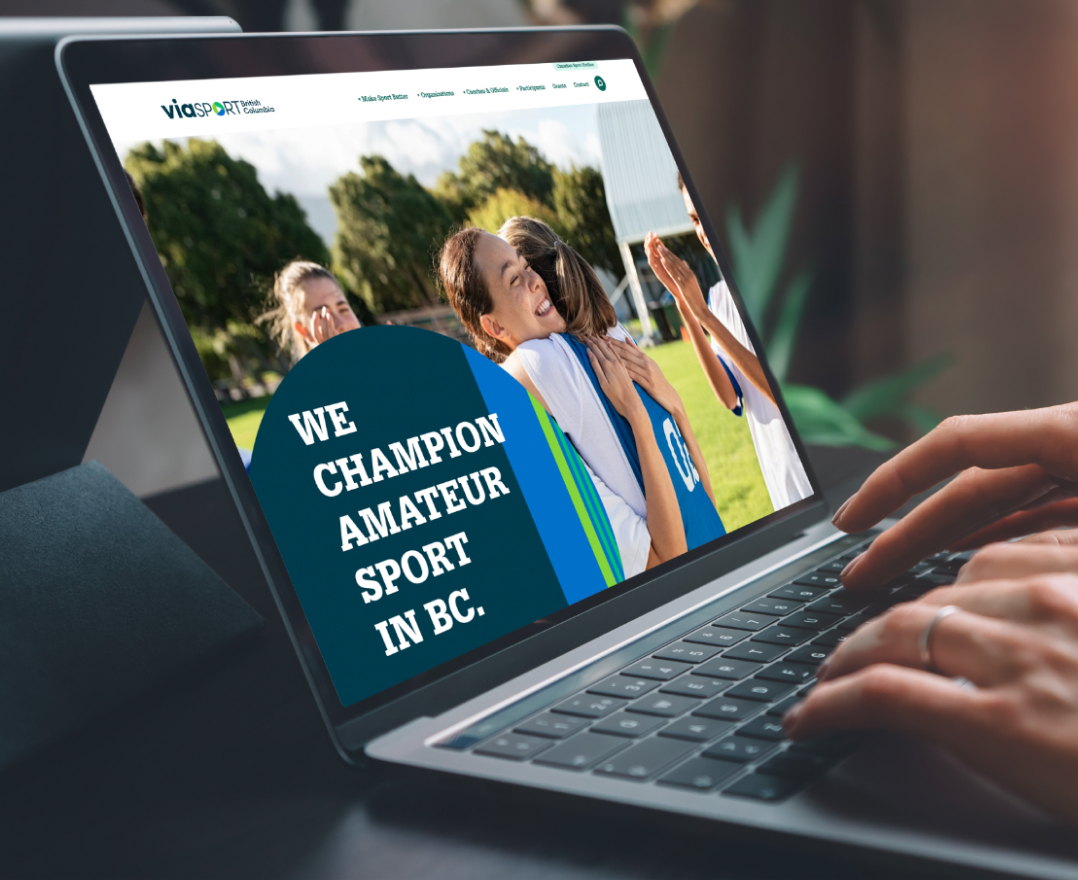Safe Sport Incident Report Form
Mar 13, 2023
This form can be downloaded and used by anyone to document an incident when maltreatment is suspected.
This tool was developed by viaSport to help make documenting an easier process for people, however, viaSport does not collect reports or investigate complaints. Please send your completed form to the organization that was running the activity where the incident occurred.
Safe Sport Incident Report Form
Download